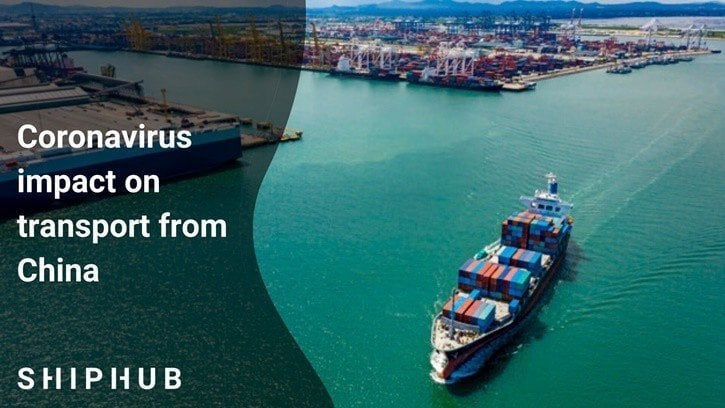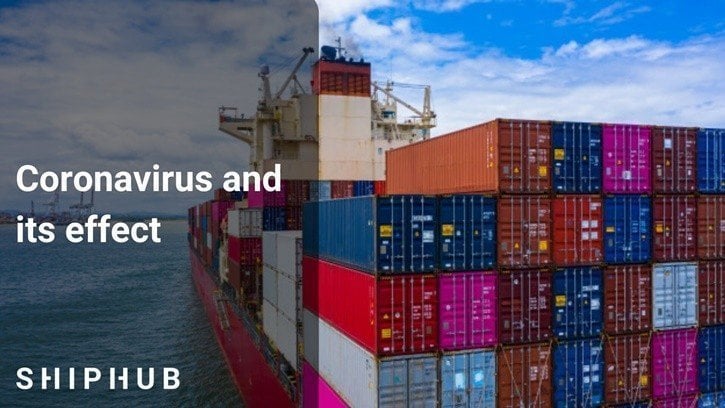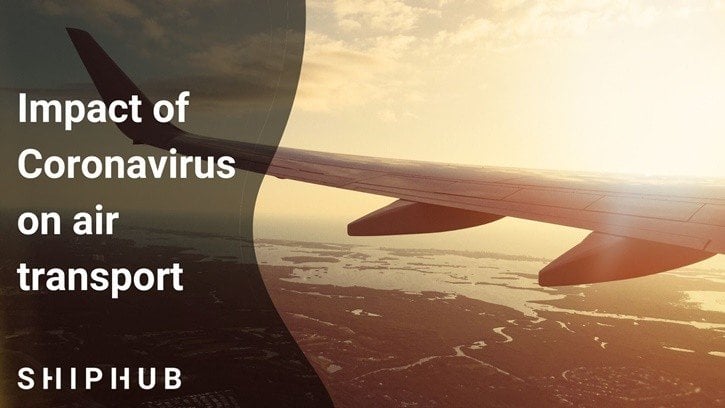The pandemic has brought significant changes in the global shipping industry. The Federal Maritime Commission (FMC) decides to deal with problems and announced that they would create a supply chain innovation team. This will help with the ocean shipping challenges related to the COVID-19 outbreak.
What is The Federal Maritime Commission?
FMC is an independent federal agency, based in Washington, D. C. It is responsible for regulating the oceanic rules of US international transportation.
The main tasks of the organization are
- supervising the shipping market and its operators as regards compliance with the terms of the conventions
- monitoring compliance with agreements concluded by shipowners
- upholding the interests of American shippers and carriers
- dealing with the issuing of normative regulations.
The shipping industry in the face of coronavirus
Due to the pandemic, global demand is falling. Some importers have canceled their orders. This has resulted in a lot of “blank sailings.” The disruption began when ocean carriers issued blank sailings going out of China when factories in the country shut down.
Shippers do not have sufficient access to refrigerated containers. Ports are facing excess numbers of empties. Terminals and warehousing facilities are dealing with operational difficulties due to volume swings, potential cases of COVID-19.
Small and medium-sized shippers are particularly affected by the lack of cargo storage space and the lack of options where to send shipments after unloading. The increased number in blank sailings means shippers have fewer options to move cargo, coinciding with a drop in schedule reliability. In February, global schedule reliability dropped to 65. 1%. This is the lowest recorded result since 2011, conducted by Sea-Intelligence.
FMC teams to address coronavirus-related cargo problems
The Federal Maritime Commission is aware of these problems and has now announced that they are working on several solutions to help freight forwarders.
The organization will set up special teams to combat to coronavirus-related cargo challenges. The teams will be similar to those created in 2016. The 2016 teams issued a final report containing six recommendations for improving understanding of the ocean shipping ecosystem. The teams will be consist of representatives of port authorities, terminal operators, longshore labor, railway, and other stakeholders.
No deadlines for the creation of teams have not been announced yet.
It is worth noting that in 2016 it took as much as 22 months to publish reports and propose solutions.





